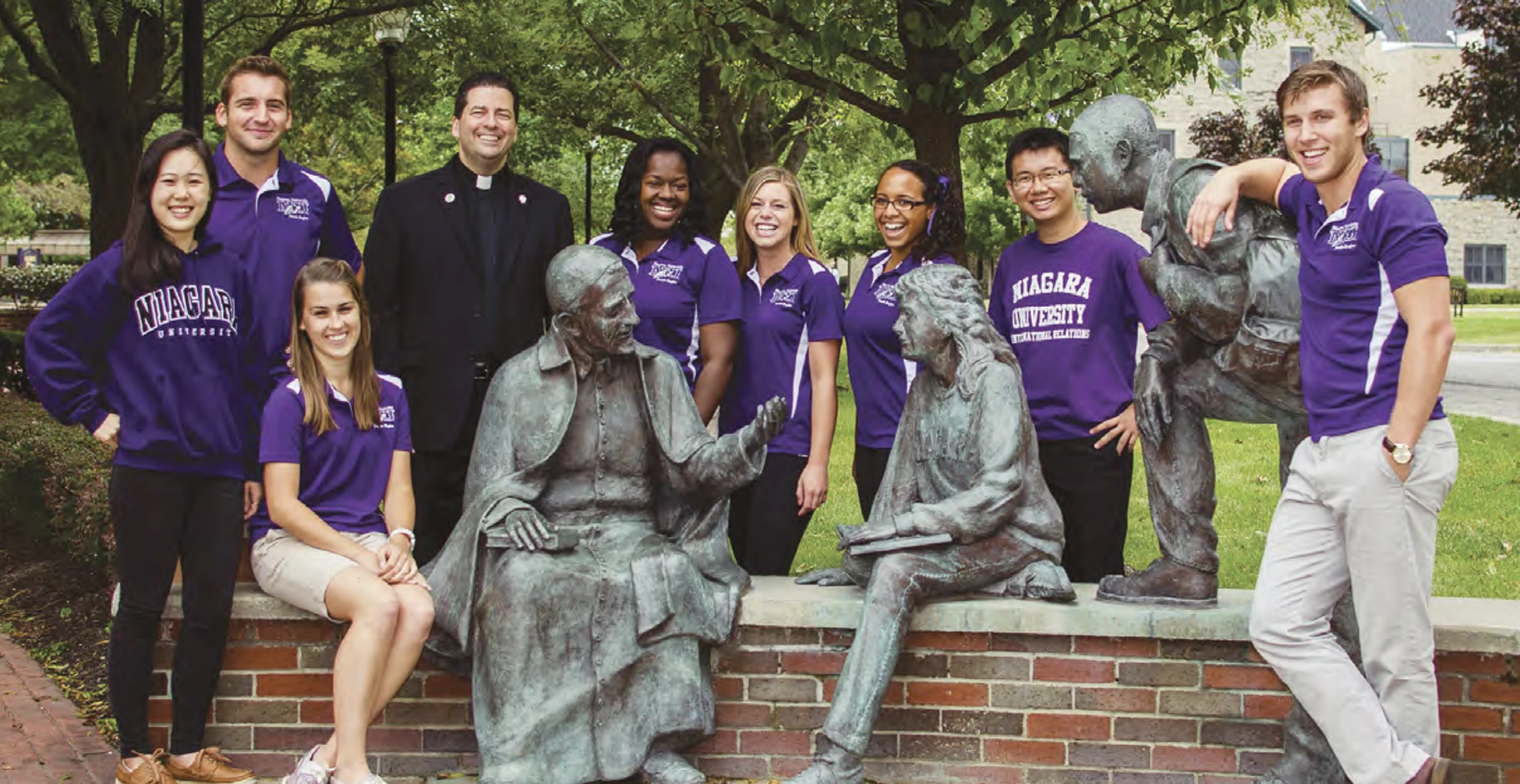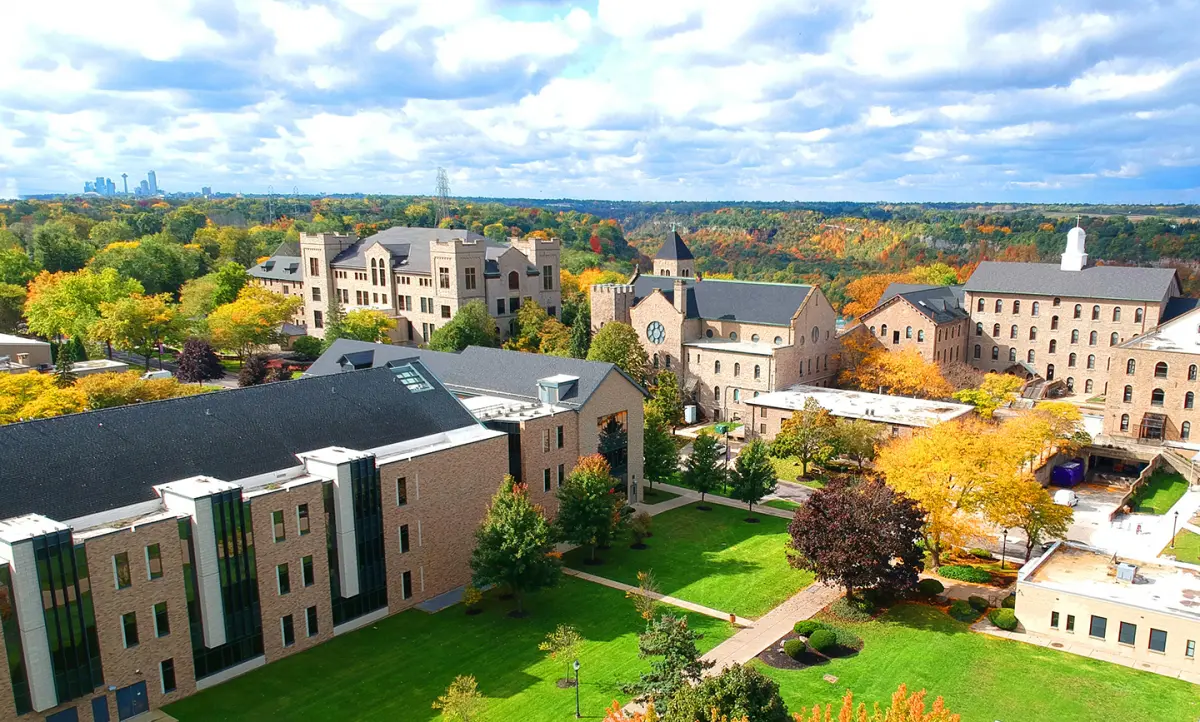
For more than 160 years, Niagara University has been inspired by the values of St. Vincent de Paul and St. Louise de Marillac, educating students in the Catholic and Vincentian tradition. St. Vincent de Paul knew the power of action – the need to be strategic in creating systems and outcomes that were materially significant. “What must be done” framed his life and his ministry. What follows is the strategic plan of Niagara University – a call for the urgent action needed to distinguish Niagara University regionally, nationally and internationally – elevating even higher the success and influence of students and graduates.
The dynamics of education present both opportunities and challenges – this plan points toward a focus on strategic priorities rooted in the core of Niagara University’s strengths in order to navigate new ways to shape the landscape in higher education; affordability and value above all, changing demographics, the economic and workforce needs of the 21st century, and the timeliness of sharing Niagara’s mission with emerging populations of students domestically and internationally.
The strategic plan stems from the important framework of the five Strategic Vision Commitments (listed below). The strategic objectives and directions speak to Niagara’s influence as we elevate academic excellence, student engagement, the Catholic and Vincentian mission, bi-national opportunity, witnessing the impact of graduates as global citizens of the world.
Through a process of visioning with analysis of internal and external environments, Niagara engaged university-wide councils and committees, sectors and divisions, alumni, students, and the external community, with the aim of gathering relevant input for the University’s strategic goals and directions.
Vision Commitments
The University’s strategic plan affirms its core strengths, aligns its efforts to build on these strengths while anticipating and responding to challenges, fulfills its commitment to the mission, and ultimately realizes the full potential of Niagara.
Transformational education that integrates the liberal arts and professional study into careers of the 21st century will lead to successful outcomes for graduates, while building the academic profile and reputation of the University. Academic excellence will be defined by the University’s core strengths in programs and graduate outcomes (value), as well as the quality of students and learning environment.
Building from a core of liberal arts and professional study, actions include: revising general education (deep integration with mission and the liberal arts), advancing strategies to intentionally increase graduation rates (profile indicators), and elevating programs that have distinctive value and scale in the marketplace – resulting in increased retention and graduation rates, improved graduate outcomes, and the ability to differentiate tuition across the university.

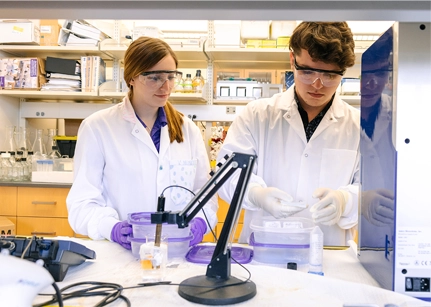
Cultivate a culture that fosters excellence in all our experiences, including development of the campus, support services, and technologies.
The close collaboration and lifelong connections made among students, staff, and faculty and the advancements we are making to our campus facilities, build retention and foster excellence that transcends the experience of students. We will strengthen our connection with students through increased targeted mentoring, advising, and personal and professional support.
Expanding experiences on campus and connecting to professional networks, our students will interact in new and inventive ways with the University’s 34,000 plus alumni around the world. The investment in facilities, support, and technology will focus on the student experience to cultivate high levels of engagement on campus, therefore elevating the retention of students. Simultaneously, focusing on the importance of engaging students in campus life will lead to major investments in housing, the library, and the Kiernan Center.
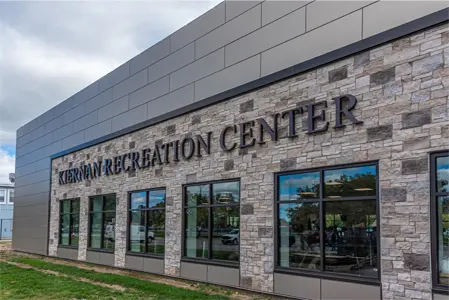
Inspired by St. Vincent de Paul, we are called to look beyond the campus to use the strength of education to inspire positive change in the lives of others in our community and around the world. Building on the University’s existing contributions in service and elevating initiatives to scale will create deliberate and focused impact in the region surrounding the University. This clear focus on mission must be integrated across colleges and sectors of the University, aligning service to academics.
Action plans include: transforming service to lead to measurable impact, enhancing co-curricular opportunities that focus on poverty and environmental justice, and assessing the feasibility of a Vincent and Louise House where students live and learn in the heart of an intentional Catholic, Vincentian community. The contributions of Niagara’s faculty and students will move beyond hours of service to foster a deeper understanding of civic engagement while producing a systemic change in our community to address identified community needs.

We should assist the poor in every way and do it both by ourselves and by enlisting the help of others... To do this is to preach the gospel by words and work.
St. Vincent de Paul

Our graduates are entering a world that has never been more volatile, ambiguous, and complex. Niagara’s graduates must be prepared for a changing global landscape. Creating a diverse and international environment calls us to focus on campus climate, research, and a curriculum that builds partnerships and opportunities for enrollment, exchange, and strength in preparing global leaders.
Actions include a university focus on excellence across race, equality, and mission; full implementation of the Brennan Center for Language, Culture and Leadership; and extension of our footprint in strategic international regions as a pathway for Vincentian universities.
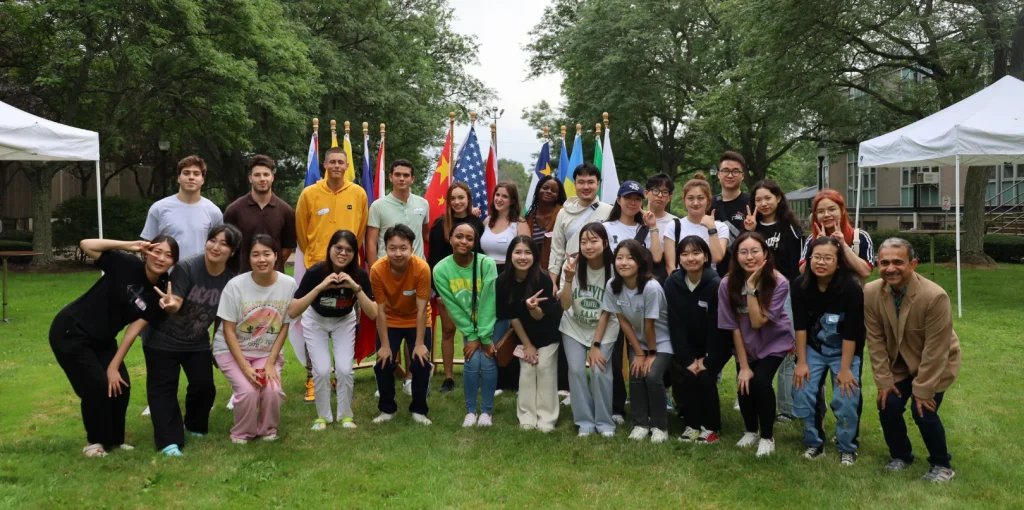
As the only bi-national university in this region with authority to operate in Ontario, Niagara alumni in the province are seen at all professional levels of leadership and across professions. As aligned with the recommendations of the Business Model Task Force, Niagara is positioned to regain its market in the province of Ontario and build upon the success of Niagara University in that region.
These actions include expansion of Ministerial Consent to offer more programs in and around the greater Toronto area, reset of tuition for partnership programs with Canadian institutions, and strategic recruitment of undergraduate students for programs offered on our main campus.
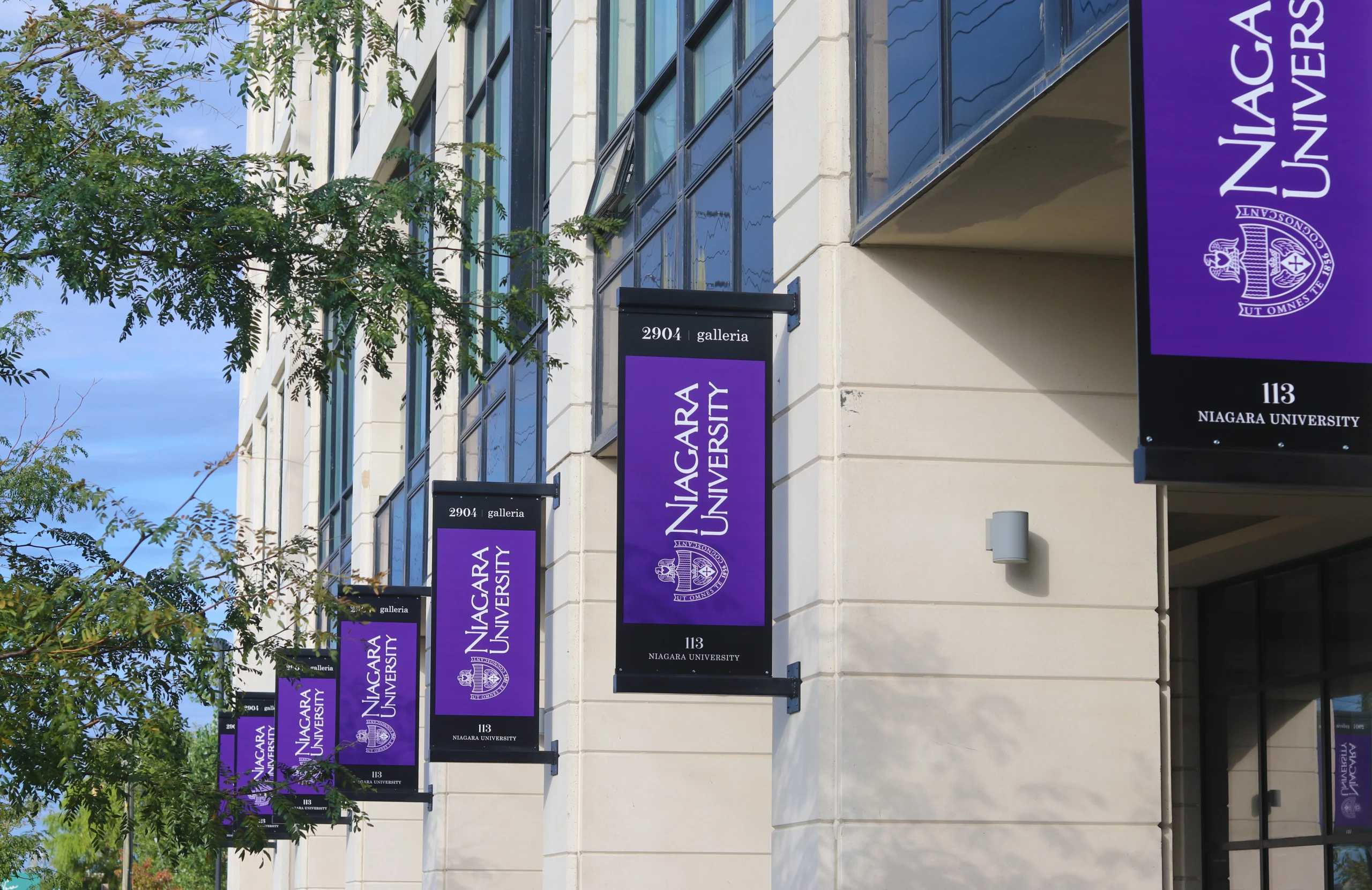
There are plenty of schools out there to choose from, but Niagara separates itself through the options that it gives each student individually. There is something at Niagara for everyone and the possibilities are endless. I was fortunate to get a position at my dream job and really have Niagara to thank for helping me get there.
George Waters, ’16
Diversify revenue generation and strengthen fiscal sustainability.
The commitment to affordability as an independent University aligns with the landscape of concern for costs and value in high education. Fiscal responsibility and efficiencies are complemented by the need to diversify revenue through partnerships with organizations like the National Grid, promoting sustainability initiatives, and Help Me Grow – a project that leverages screening and referral services in the community. These partnerships can generate revenue and provide opportunities for innovation that builds non-tuition streams and establishes brand affinity in new markets.
Actions include movement to self-sustainability among centers of the University, seeking funding for endowed faculty positions and research (which will also build the University’s reputation), and establishing competitive areas of programming.
